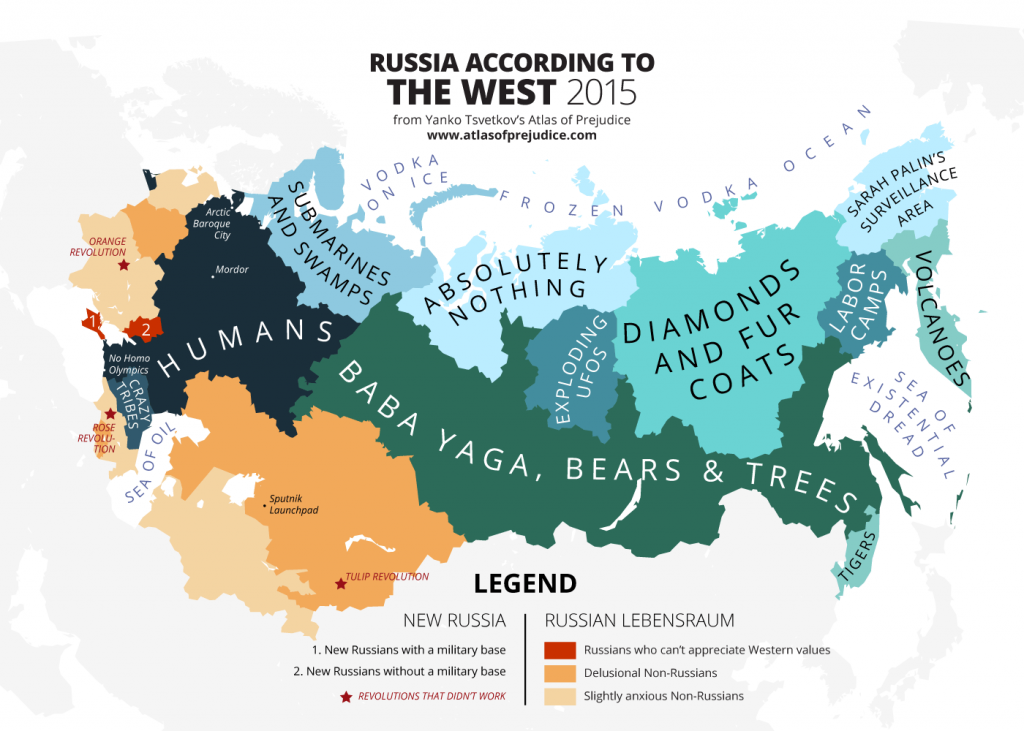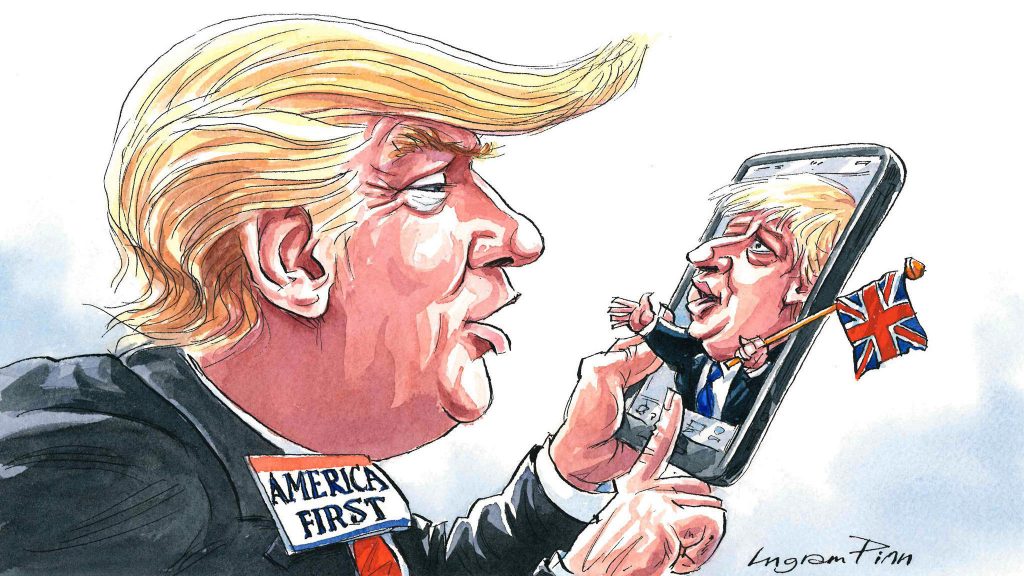 Shortly after Mr. Biden took office, I posted a short piece—No. 367, to be precise—on “What I Want of Joe Biden.” Now that the Congressional elections are just weeks away, I want to try and see the extent to which my
Shortly after Mr. Biden took office, I posted a short piece—No. 367, to be precise—on “What I Want of Joe Biden.” Now that the Congressional elections are just weeks away, I want to try and see the extent to which my
January 2020 wishlist has been realized. So here it is, each wish followed by a short comment (in bold letters).
Domestic Policy
It seems like you are determined to put an end to the Rightists’ attempts to spread mayhem in US cities. Good. But do not forget to do the same with the Leftists who have been doing the same. Only more often.
Comment: Thank goodness, there has been no repetition of 6 January 2021. However, under the surface the pot goes on boiling. Both Right and Left are becoming more extreme, crushing the center between them. Partly in preparation for the next explosion, partly because of the efforts to ban or at least limit the acquisition of firearms, Americans of all persuasions now own more of the latter than ever before. And the number of mass shootings is increasing.
Strive to end the policies which, starting half a century ago, have discriminated against men. Especially such as are white, young, relatively poor, and without a college education. These men are not only frustrated. They have guns, and, some of them being former military or police, knew all too well how to use them. Nor will they necessarily give them up if called upon to do so. Should their grievances not be addressed the results will be incalculable. Quite possibly, worse than those of the Civil War in which 600,000 Americans—about six percent of the entire US population, as it then was—perished. Want a more up to date idea of what it will look like? Lebanon 1975-1990, provides a good model. As does Syria from 2011 on.
Comment: From what I read and hear it appears that discrimination against men, especially such as are white, young, relatively poor, without a college education and, for good measure, heterosexual has gotten worse rather than better. Barring radical change, an explosion of some kind is inevitable.
Immigration is a sticky subject. Some want more of it, some, less. Whatever you do about it, make sure the US regains control of it. A state that does not know who does and does not live within its territory is, in a very real sense, not a state at all.
Comment: As of 2016, the number of unauthorized immigrants was estimated at 10.7 million, representing 3.3% of the total U.S. population. Though perhaps making fewer headlines, the problem remains as sticky as it has ever been. Entire communities are collapsing under the burden. To repeat, a state that does not know who does and does not live within its territory is, in a very real sense, not a state at all.
Another sticky subject is abortion. Personally I hate it. But it seems to me that forcing a baby to be born against its parents will is even worse.
Comment: This is another field in which things have become worse rather than better. The Supreme Court’s decision to cancel Americans’ right to have an abortion and allow each state to go its own way in this respect has been a blow to the chin, especially that of the Democrats. While the fight is by no means over yet, in this field as in so many others extremism reigns.
Stop throwing vast sums away by lining the pockets of those out of work owing to the corona epidemic. Instead, set up work-creation programs. Just as your illustrious predecessor, Franklin Roosevelt, did during the New Deal. For nonacademic youth, set up apprenticeship systems like those of Germany and Switzerland. If college students are assisted in all kinds of ways, why not others? After all, the proverbial plumber, along with the electrician and auto-mechanic and carpenter and builder, is just as necessary to society as his (or her) academically-trained white collar colleague is. Nothing like a sense of purpose and $$$ in a boy’s pocket to turn him from a dangerous vandal into a law-abiding citizen.
Comment: Corona no longer makes many headlines. But it does remain a danger to be carefully considered before it breaks out again.
Foreign Policy
Coming to power, Trump promised to mend relations with Russia. Instead, his bluster has only made things worse. A strategy meant to drive a wedge between Moscow and Beijing by favoring one over the other would make better sense. The way Nixon did it back in 1972-74. Don’t call it divide et impera, of course. But do use the method.
Comment: Largely as a result of the war in Ukraine, relations with Russia have become much worse than they were in early 2021. Whatever attempt has been made to drive a wedge between Russia and China, moreover, it has not succeeded. In fact the unspoken alliance between the two countries is one major reason why the Russian economy has been holding on as well as it does.
Coming to power, Trump promised to mend relations with China. Again it has not happened, and now something very like the Cold War is rapidly escalating. Make up your mind, Joe, which of the two threats to the US, the Russian or the Chinese, is the more serious one. And act accordingly.
Comment: See the above two comments.
Mend relations with the EU. Trump’s attitude to Europe had been to treat it with contempt. As, for example, when the US tried to make it more difficult to complete Nord Stream, the pipe-system that will provide its allies with Russian natural gas while bypassing the Ukraine. As a result, the US is now at odds with all three of the world’s remaining greatest remaining powers. With all respect, Joe, this is too much. It reminds me of the time around 1890 when the Brits, then the world’s strongest power, spoke of “splendid isolation.” Also, of 1945 when Japan was waging war on the US, and Britain, and China, and finally the Soviet Union, simultaneously.
Comment: Judging by appearances, Biden does not dislike the Europeans as much as Trump did. Furthermore, the outbreak of the Ukrainian war has changed everything. Coming face to face with Russia, the US and Europe need each other more than ever, with the result that, so far, their alliance has held up fairly well. But whether, especially in the face of Russian-imposed sanctions in the energy sector, it can continue to do so remains to be seen.
Israel and the Middle East. Though an Israeli, I am no admirer of Netanyahu and would like to see a two-state solution implemented. However, the one thing Israelis and Palestinians have in common is their decades-long determination to reject any deal the other side would accept. On the other hand, in bringing together Israelis and a number of Arab/Moslem countries your predecessor, and especially his son in law Kushnir, has performed admirably. This is one part of your predecessor’s policy that you can adopt without hesitation.
Comment: Bringing together Israelis and Palestinians is a hopeless task. Not so bringing about a lasting peace between Israel and some Arab countries, especially those of the Gulf. True, under the surface things have not always been as polite and as friendly as one might hope them to be. Still the improvement that has taken place is very great. Well done, Joe.
In case you are thinking of it, don’t send troops to Libya; let them kill each other to their heart’s contents. Ditto Syria. But renew and, above all, extend Obama’s nuclear agreement with Iran. As long as it stayed in force it was good for the US, for Iran, and for the rest of the Middle East.
If ever there was a wise decision it ws to refrain from sending troops to Libya where they were sure to come under two fires and, in the end, condemned to humiliation and defeat. As to Iran, in the face of all the difficulties facing you, you deserve praise for trying to reach agreement. So stay the course.
*
Both at home and abroad, adopt a style that is less inflammatory less divisive, more balanced, than the one your predecessor used. See the pic at the head of this post.
Comment: After Trump, anyone would appear less inflammatory, less divisive, and more balanced. So, once again, stay the course. And congrats on what you have achieved so far. It makes me wish you were some years younger.





